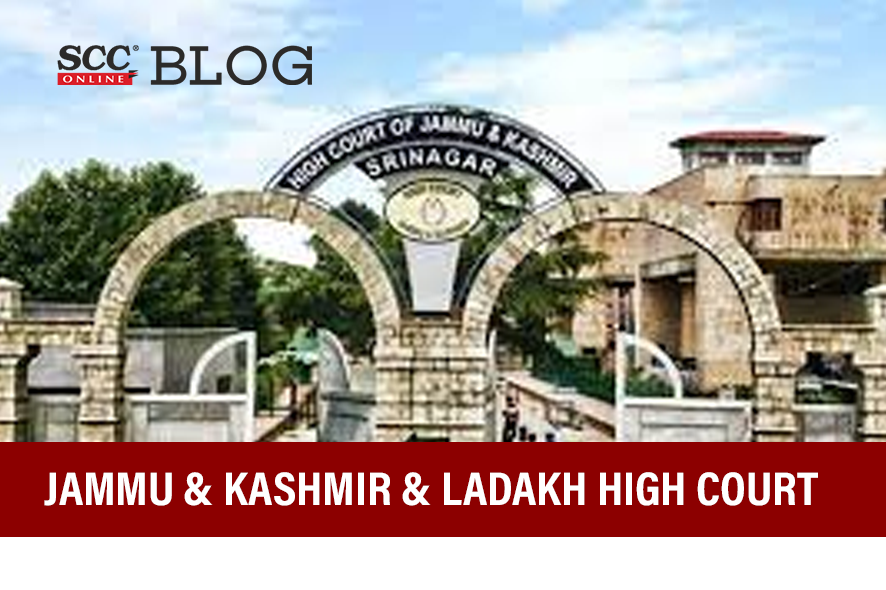Jammu and Kashmir and Ladakh High Court: While deciding a bunch of appeals wherein question arose that whether the Insurance Company can be saddled with the liability to satisfy an award on account of death or bodily injuries of an unauthorised passenger and whether an order of “pay and recover” can be made against the insurer; the Bench of Sanjay Dhar*, J., answered the question in favour of the Insurance Company and stated that in the scenarios covered in the instant appeals, perusal of the terms of the policy of insurance clearly show that risk to the life of the passengers travelling in the offending truck was not covered. Vis-à-vis order of “pay and recover”, the Court held that once it is shown that deceased/injured in the instant appeals were travelling as unauthorised passengers in the offending truck, their risk was not covered under the terms of policy of insurance. Therefore, the direction for pay and recover can also not be passed against the Insurance Company in these cases.
Six connected appeals were preferred by National Insurance Company against the award of compensation granted by the Motor Accidents Claims Tribunal. The deceased/injured persons had been travelling in a truck which met with an accident due to the truck diver’s rash and negligent driving.
The only ground on which the appellant-Insurance Company challenged the awards was that the deceased/injured in all these cases were travelling as gratuitous passengers in the offending load carrier and as such, risk to their lives was not covered under the policy of insurance. It was contended that the Tribunal has fallen into an error in saddling the liability to satisfy the award upon the appellant-Insurance Company.
Per contra, the claimants-respondents submitted that the deceased/injured were forcibly made to board the Truck and as such, there was no fault on their part. It was urged that the Insurance Company is liable to pay compensation to the claimants or at least they should be asked to satisfy the award with a right to recover the same from owner of the offending truck.
Upon perusal of the facts and contentions, the Court pointed out that the decision of the Motor Accidents Claims Tribunal was based on misplaced reliance of judicial precedents. Distinguishing the precedents relied on by The Tribunal, the Court observed that the relied cases involved instances of overloading of taxi or lack of necessary permits. The offending vehicle in the precedents was carrying more passengers than what was permitted under the policy of the insurance.
However, in the instant matter, the offending vehicle was insured with the appellant-Insurance Company, yet risk to the lives of passengers in the offending vehicle, which is a load carrier, was not covered.
It was further held by the Court that the contention that deceased/injured had boarded the truck not because of their choice but because they were made to do so forcibly by the Army personnel is concerned, does not make any difference, especially to the liability of the Insurance Company. If at all the deceased/injured were forcibly made to board the offending vehicle, they may have the grievance against the Army personnel, but they cannot have a cause of action against the appellant-Insurance Company, as it had nothing to do with the alleged forcible boarding of the deceased/injured in the truck.
The Court however held that one of the deceased persons, a labourer who was working on the offending truck, his legal liability was covered under the terms of the insurance. Thus, the Court refused to interfere with the Tribunal’s decision to award compensation to the dependants of the deceased labourer.
The Court allowed the Insurance Company’s appeals vis-à-vis 5 deceased/ injured persons except for the afore-stated deceased labourer.
[National Insurance Company Ltd v. Mursa Begum, 2023 SCC OnLine J&K 154, decided on 10-03-2023]
*Judgement was written by Justice Sanjay Dhar.
Advocates who appeared in this case :
Appellant- Dinesh Singh Chouhan & Damini Singh Chouhan, Advocates;
Respondents- Sheikh Altaf Hussain, Advocate.







